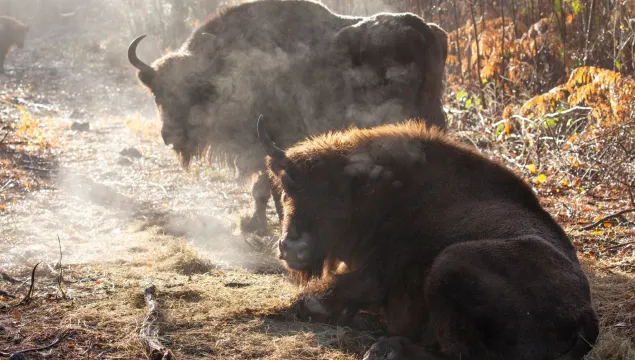
Bison Ranger Experiences: A Morning at West Blean
Spend a morning with one of the Bison Rangers, discovering all the latest updates and joining them to try tracking the Wilder Blean herd.

Spend a morning with one of the Bison Rangers, discovering all the latest updates and joining them to try tracking the Wilder Blean herd.
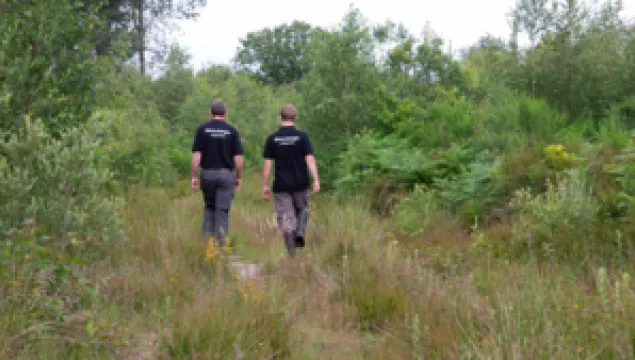
As part of the Wilder Blean Festival, don't miss this special opportunity for a guided tour of West Blean with one of the Bison Ranger team.

As part of the Wilder Blean Festival, don't miss this special opportunity for a guided tour of West Blean with one of the Bison Ranger team.
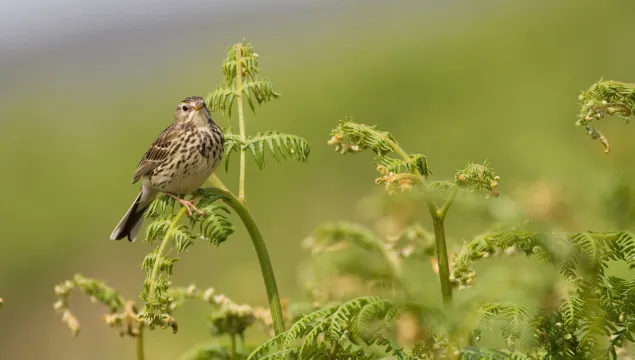
The UK Government promised to protect and restore nature. But less than a year in, new planning changes are set to weaken environmental protections for developments, like housebuilding.
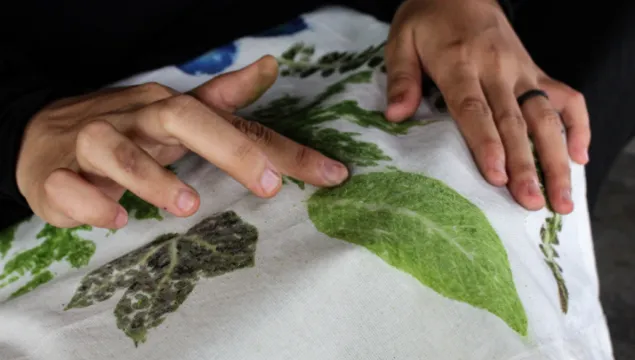
Engage with the natural world in a mindful and creative way at Tyland Barn.
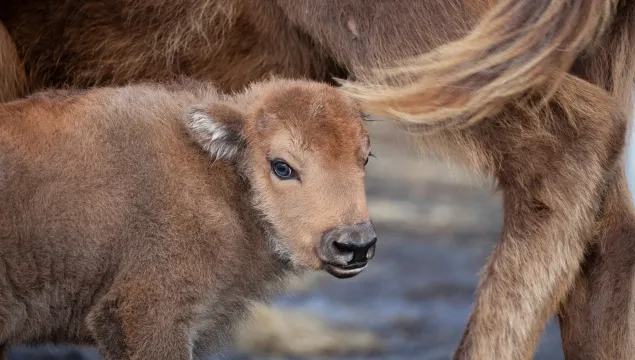
Join us for a Wilder Blean Festival event, celebrating the inspiring woodland landscape of the Blean with guided tours, family activities and forest bathing.
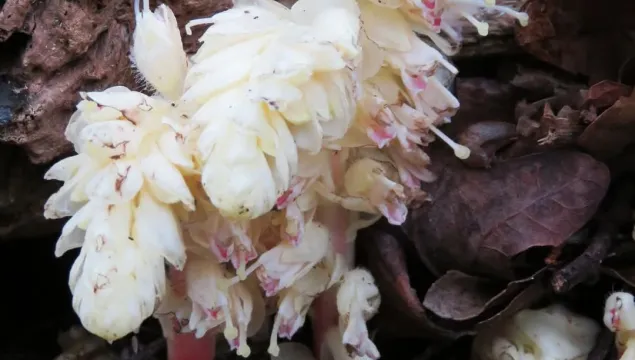
Volunteer Margery Thomas talks us through a fascinating species you can find on Hothfield Heathlands in May: toothwort! Read all about it and the recent bird counts at the reserve here.
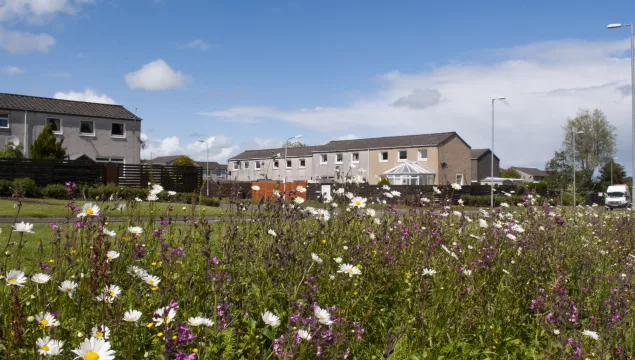
Planning & Policy Manager for Kent Wildlife Trust, Nicky Britton-Williams, explores our concerns with The Planning & Infrastructure Bill.
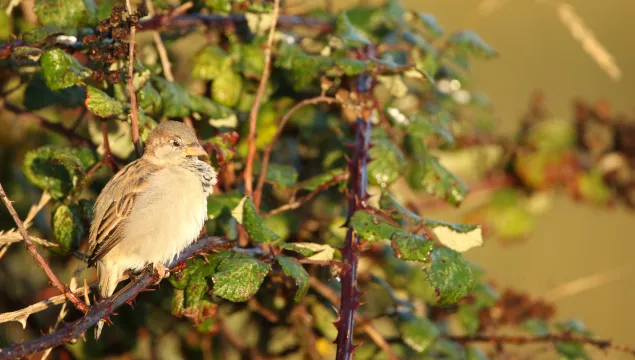
Hedges - they sit at boundaries, at the edges of gardens, fields, and roads. But too often, they’re relegated to the edges of our minds...
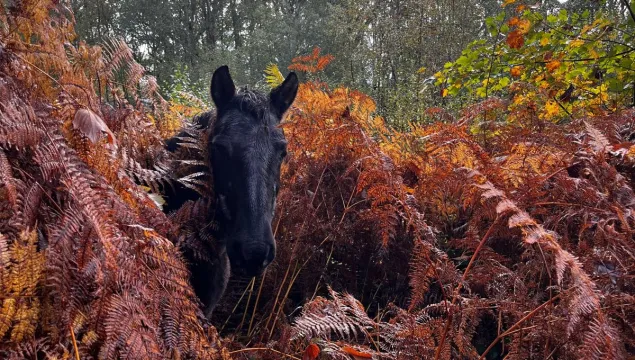
Koniks (sometimes referred to as Konik Polski) are a non-native primitive breed that originate from Poland. They are a descendant of the tarpan, a type of European wild horse that went extinct in the 19th century. They have been bred for almost 80 years to be the ideal breed for use in conservation grazing, specifically for traits of hardiness, longevity and ease of handling, and are used successfully across Europe in conservation grazing schemes.
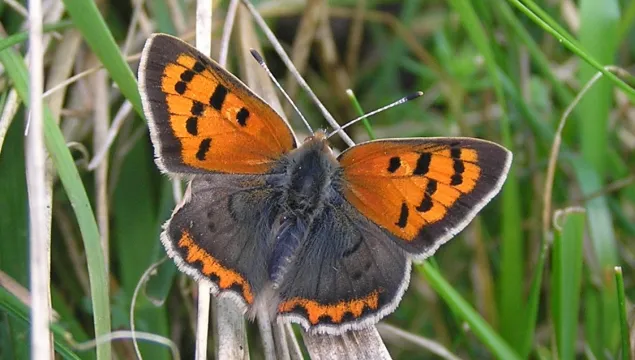
We have had the driest spring since 1956, with river and stream flow already well below average for the time of year, a worry for everyone. Area Manager Ian Rickards reports that “this crazy weather has been beneficial for some insects, but the vegetation is already struggling, which will have a knock-on effect other insects later in the year. Water levels are dropping dramatically, with ponds and water bodies drying out very quickly.” The livestock have water troughs but the thin layer of peat in the bogs can dry out easily and be eroded by wind when exposed as plants adapted to damp conditions wither. The successive broods of nestling birds mostly eat insects and larvae, which provide moisture as well as protein, so they are also at risk.
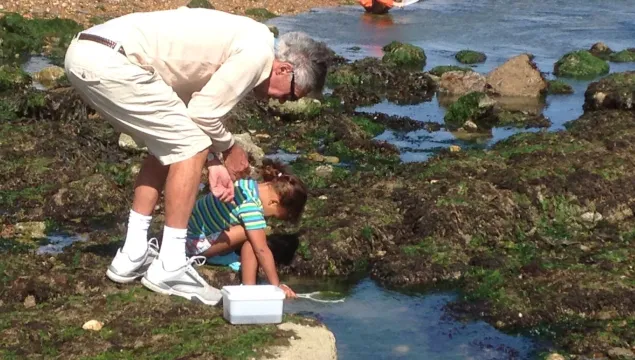
Join Kent Wildlife Trust for these family rockpooling events at Folkestone Lower Leas Coastal Park.